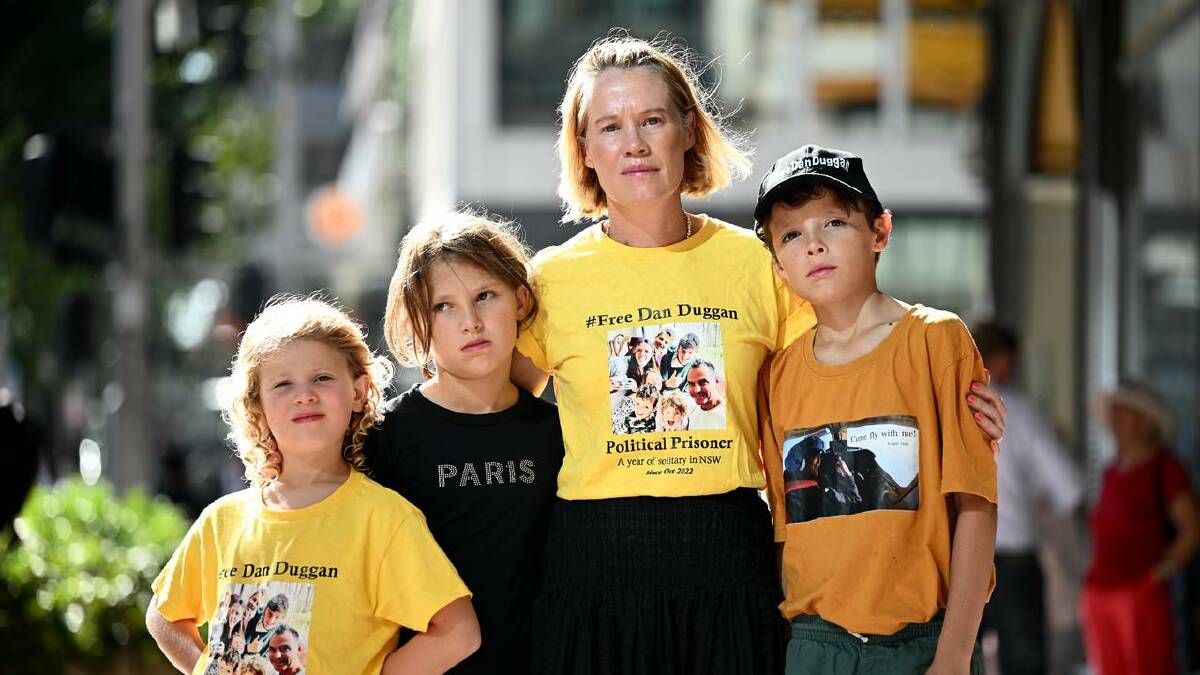
The Australian government has approved the extradition of former fighter pilot Daniel Duggan to the United States, where he faces allegations of providing military training to Chinese nationals in violation of U.S. law. This decision has sparked debates about sovereignty, the legal framework of extradition treaties, and the geopolitics of military intelligence sharing.
Duggan, a former U.S. Marine pilot and Australian citizen, was arrested in New South Wales in 2022 following an indictment in the United States. The indictment accuses him of conspiracy to provide defense services to a foreign nation without authorization, specifically in relation to training Chinese pilots on carrier-based aircraft operations.
His legal team has consistently denied the allegations, describing them as politically motivated and lacking sufficient evidence. Duggan has maintained that he operated within the bounds of international law while working as an aviation consultant.
The case has drawn significant attention in Australia, where critics argue the government is prioritizing its alliance with the United States over its obligations to protect Australian citizens. Human rights advocates have also raised concerns over the conditions Duggan might face in the U.S. justice system.
Australia’s Attorney-General Mark Dreyfus confirmed the approval of the extradition, stating that the decision complies with Australia’s Extradition Act and its treaty obligations with the U.S. He emphasized that Duggan would have the opportunity to contest the charges in a fair trial.
The case underscores the increasing scrutiny of military cooperation between Western nations and China, as global powers navigate a tense geopolitical climate. Legal experts say this extradition could set a precedent for other cases involving allegations of unauthorized military training.
Duggan’s family and supporters have vowed to continue their fight to block the extradition, calling on the Australian government to reconsider its stance. Meanwhile, the United States has welcomed the decision, stating that the charges are integral to safeguarding national security interests.
This high-stakes extradition amplifies the broader narrative of global military and intelligence competition, setting the stage for potential diplomatic friction.
Be the first to comment